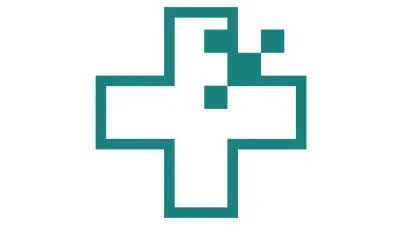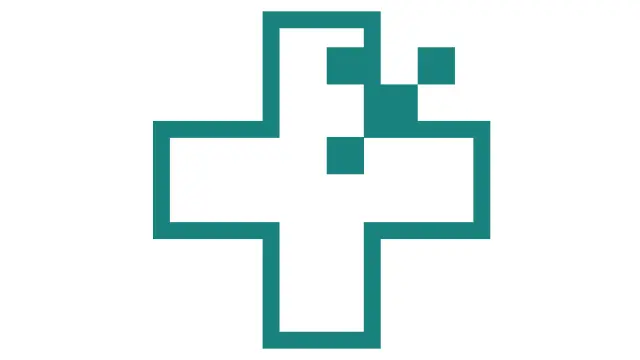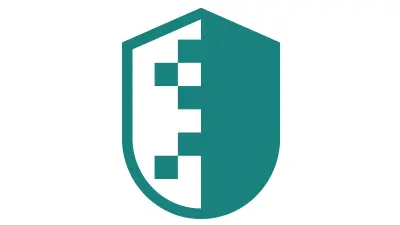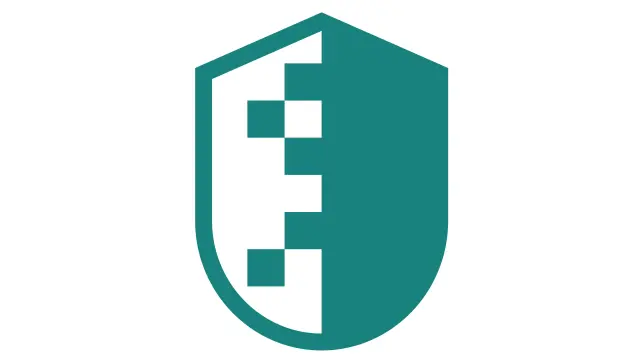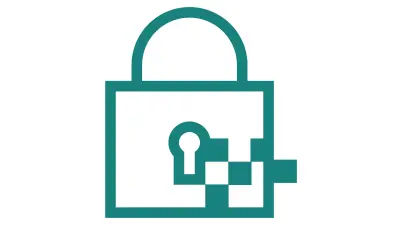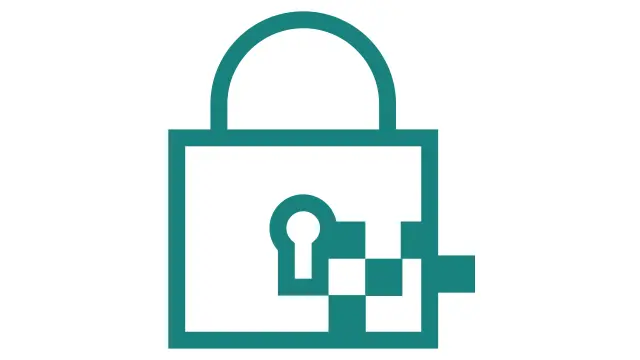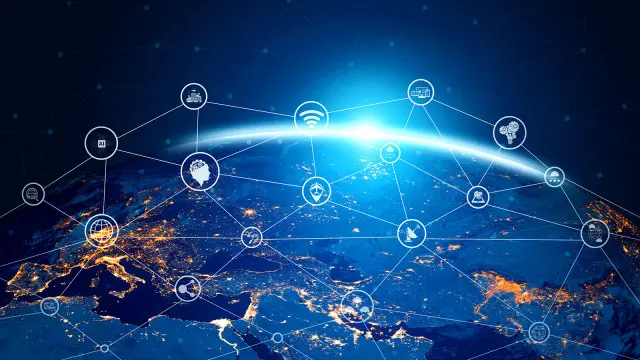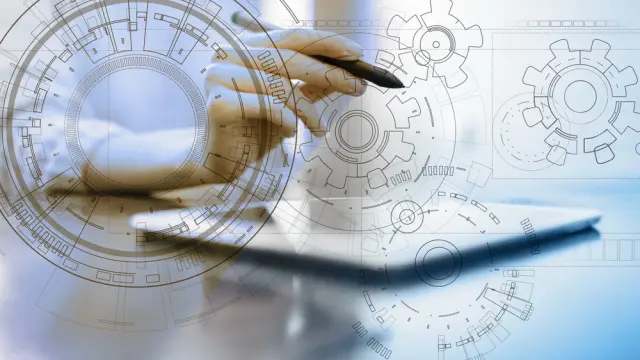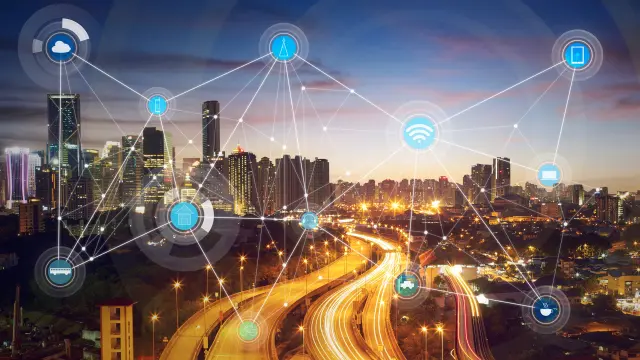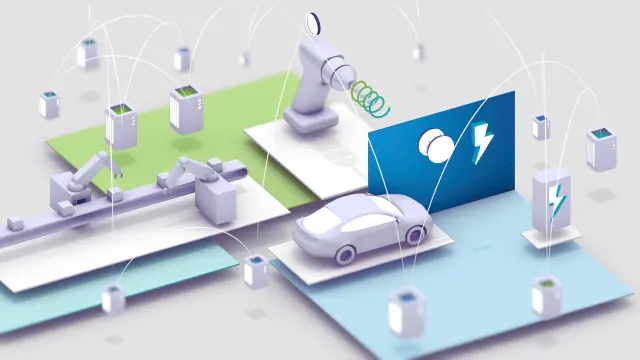The next stages of digitalization: Connectivity and artificial intelligence
By researching digitalization, connectivity and artificial intelligence (AI), Bosch Research allows secure and efficient digital systems.
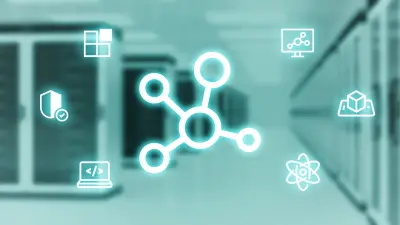
From cars to rechargeable screwdrivers, everyday objects nowadays are connected to each other and the Internet and increasingly use artificial intelligence. They communicate with users and with one other. In the process, they connect and synchronize with each other and aggregate the data necessary for operation in accordance with legal requirements. These data can improve the interaction of machines with each other as well as interaction between humans and machines. A similar development is taking place in industrial automation: software-defined manufacturing represents the factory of tomorrow — with production machines that communicate with each other and the entire supply chain.
Digitalization and connectivity are therefore key areas at Bosch — and they build on each other. Bosch Research carries out research in both areas and also develops artificial intelligence methods which only achieve their full potential when combined with digitalization and connectivity. After all, digitalization turns data into information, connectivity makes it available in real time and AI generates knowledge from it.
Together with the Bosch divisions, we combine expertise from the fields of mechanical engineering, electronics and software development to implement digitalization, connectivity and AI solutions — from the idea to the finished product. And we always think one step ahead: we develop new connectivity technologies, define standards for connectivity and work on innovative, data-driven business models — for products and services which make the lives of our customers easier, more comfortable, quicker and safer. All in keeping with our “We innovate for life” mission.
A world of zeros and ones
A key aspect of digitalization is software, which allows ever more complex, faster and more efficient processes and applications in everyday devices as well as machines. Bosch Research is researching ways of making software development per se even more efficient and sharing this methodical knowledge with Bosch business divisions.
In materials simulation and materials research for example, software-based virtual development methods are opening up completely new approaches. Modeling is where virtual engineering and digital development actually begin. In this area, Bosch Research is among other things researching ways of using digital twins and AI solutions to make the virtual development of products and services even more efficient.
Quantum computing is an important next step in digitalization: classic materials simulations often fail as a result of the computers which are simply too slow and do not offer the necessary capacity. Quantum computers in contrast can calculate complex relationships in specific use cases very quickly — in hours or even minutes instead of days or weeks. Bosch Research looks far into the future and is already developing algorithms which can run on quantum computers.
New business models thanks to connectivity

Connecting products with each other and the Internet opens the door to new functions and business models. All electronic Bosch product classes have been connectable since 2022. At Bosch Research, we are carrying out research under the heading of the Economy of Things (EoT). This research looks at digital applications such as automated parking via the Web 3.0 or non-proprietary transaction platforms as part of the “Catena-X” automotive alliance.
New product properties thanks to connectivity
The basis for connected products and services is first and foremost the connectivity technologies into which Bosch Research is carrying out basic research. These include standards such as 5G/6G and mobile networks with much higher transmission rates and lower latency.
Thanks to the Internet of Things (IoT), physical objects equipped with sensors can exchange data with other devices and systems via the Internet. On the application side, Bosch Research is researching a range of areas including the connectivity of consumer products.
If artificial intelligence (AI) is now added to IoT, the result is AIoT, a closed value creation cycle. This addition enables us to draw the right conclusions from huge amounts of data in seconds and adapt the product development accordingly. This puts the user even more at the center. The AIoT cycle explains exactly how the value creation cycle is structured:
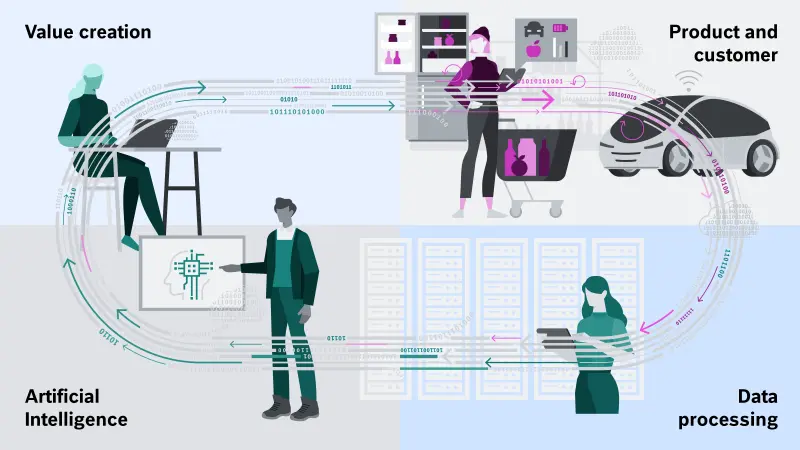
Reliable Distributed Systems (RDS) are the next stage of connectivity and thus also a central field of research at Bosch Research. Essentially, it is a question of moving software functions reliably and in real time between different computers. Depending on the computing power required, these computers can be sited locally in the factory or vehicle or, if necessary, in the edge or cloud.
With Reliable Distributed Systems, Bosch Research bundles together the computing power needed in the Factory of the Future in a central on-premises cloud solution.
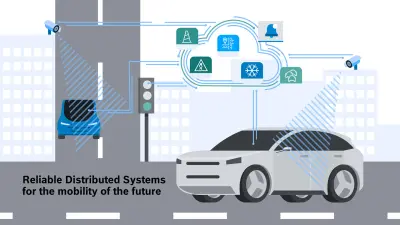
Connectivity plays a key role in the automotive sector too. Connected chips and sensors are the basis for connectivity in vehicles. Communication with the cloud, between vehicles (Car2X) and with infrastructure are all areas of research which Bosch Research is pursuing. RDS comes into play here as well. In the future, they could enable complex, data-intensive operations to be detached from the vehicle and the “embedded device” and executed centrally on a cloud.
Connectivity in industrial automation is becoming more and more important. Under the heading Software-Defined Manufacturing (SDM), Bosch Research bundles together its research work into connected machines and systems as well as connectivity developments in car production for example. These are geared to versatile production lines and supply chain connectivity – enabling a rapid and flexible response to changing product and market requirements as well as fluctuating supply capacities.
Software development with security
Good and secure software is essential for digital and connected products and processes. Bosch Research is researching here too, focusing on “Safety” (operational safety), “Security“ (information security), and “Privacy” (data privacy). The trend towards ever smarter connected devices makes them more susceptible to faults and more vulnerable. As a result, security and privacy solutions are becoming increasingly important. Our research work in this area focuses on verification and validation, the automation of safety and security processes and “privacy preserving computing“, i.e. technologies for data processing which help to maintain privacy.
AI in connectivity and control
Artificial intelligence goes even further into the future. Ongoing digitalization results in data and these data are made available in real time thanks to connectivity. Using these data, AI can then extract and combine knowledge in new ways. Although AI is possible without connectivity, it is the availability of real-time data which allows it to achieve its full potential.
Bosch Research is for example researching learning algorithms. AI can help to identify objects and further improve recognition of patterns and outliers thanks to comprehensive data analyses. The aim is to predict actions and reactions reliably and to recognize anomalies on the basis of such data analyses.
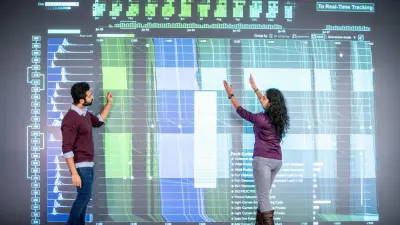
AI now permeates all digital applications. This also applies in the private sector — from chat bots to AI-driven text and image recognition or audio classification. And the same is true at Bosch Research: in all areas of research, we use AI to make our systems even smarter.
Summary
Bosch Research's research in the areas of digitalization, connectivity and artificial intelligence is becoming increasingly important for the entire Bosch product portfolio and is being used more and more both in development and in the products themselves.
Bosch Research Blog
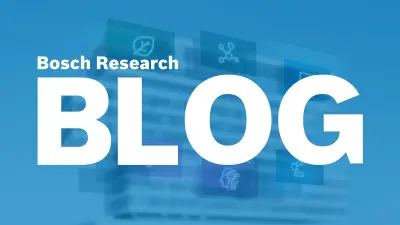
Interested in the latest research topics? In the Bosch Research Blog, our researchers share hands-on information about their work at the detailed level and on a regular basis.
